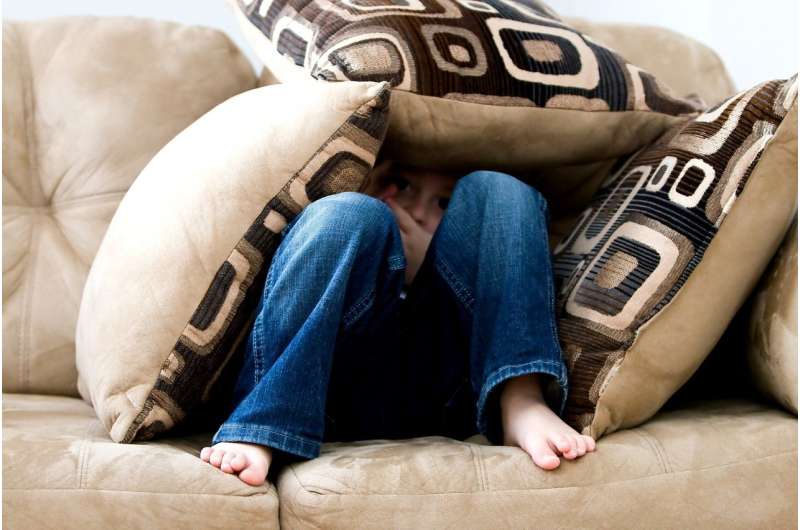Addressing Tobacco Use Among Distressed Teens: The Role of Healthcare Support

A recent study reveals that teens experiencing psychological distress are more likely to use tobacco and are often not receiving adequate advice from healthcare professionals. Enhanced support strategies are essential for effective prevention and cessation.
Recent research highlights a concerning trend where teenagers experiencing psychological distress are turning to tobacco products as a coping mechanism. A study utilizing data from the 2022 National Youth Tobacco Survey revealed that nearly half of middle and high school students report feeling anxious or depressed within a two-week period. While a significant portion of these teenagers are being screened for tobacco use by healthcare professionals, they are not consistently receiving advice or guidance to help them avoid or quit tobacco products.
The study emphasizes that youth with mental health challenges are more prone to use tobacco, including e-cigarettes, to manage their emotional struggles. However, the opportunity for intervention is often missed as healthcare providers primarily ask about substance use without offering substantial counsel or cessation support. Lead researcher Shichen Zheng, a recent epidemiology graduate from UC Davis, underscores the importance of healthcare providers going beyond screening to actively provide preventive guidance and cessation assistance.
Furthermore, although nearly half of the surveyed students were screened for tobacco use, the advice to avoid tobacco was offered to less than half. The findings reveal that youth experiencing more severe psychological distress—around 12.5% of respondents—are twice as likely to use tobacco in the past month compared to their peers without distress. Despite this, higher distress levels did not translate into increased advice from health professionals, highlighting a critical gap in care.
Experts advocate for improved integration of mental health and tobacco prevention strategies in youth healthcare services. Melanie Dove, a senior author of the study, states that every young person, especially those with emotional struggles, should receive comprehensive screening and support to remain tobacco-free. The researchers hope these findings will inspire healthcare systems to enhance their screening protocols and counseling efforts, aligning them with national quality measures for youth healthcare.
Source: https://medicalxpress.com/news/2025-10-teens-distress-tobacco.html
Stay Updated with Mia's Feed
Get the latest health & wellness insights delivered straight to your inbox.
Related Articles
Study Finds Link Between Depression and Increased Dementia Risk Across Life Stages
New research establishes a strong link between depression and an increased risk of dementia in both midlife and late life, highlighting the importance of mental health care for brain health prevention.
Self-Determination Theory: A Guide to Enhancing Well-Being
Discover how Self-Determination Theory can help you understand your motivations and fulfill your psychological needs to improve overall well-being and happiness.
Impact of COVID-19 Pandemic on Parents and Youth: Challenges and Opportunities
A detailed study explores how the COVID-19 pandemic affected families, revealing both challenges like anxiety and grief, and positives such as increased resilience and personal growth, highlighting the need for tailored support systems.
Childhood Emotional Abuse May Damage Trust in Your Body
A new study reveals that childhood emotional abuse and neglect are linked to reduced trust in one's own body signals, emphasizing the importance of emotional support in child development.



